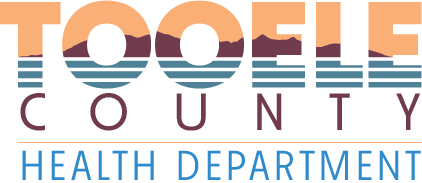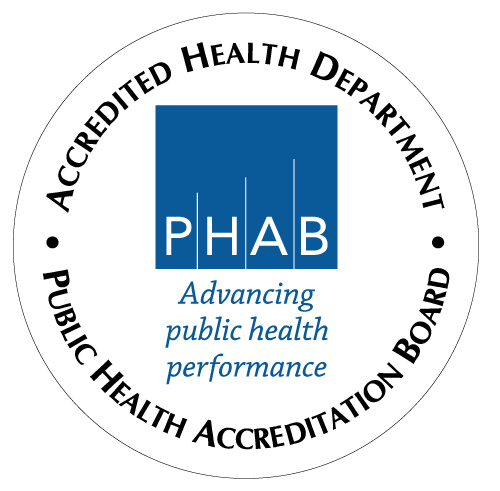Governor Declares New State of Emergency to Address Hospital Overcrowding, Case Surge
Governor and Utah Department of Health Issue Statewide Mask Mandate, Restrict Casual Gatherings to Households, Pause Extracurricular Activities
SALT LAKE CITY (Nov. 8, 2020) – Following weeks of continued stress on Utah’s hospital networks due to a rise in cases of COVID-19, Gov. Gary R. Herbert has declared a new State of Emergency to address hospital overcrowding. Pursuant to the State of Emergency, the governor and Utah Department of Health have issued concurrent executive and public health orders designed to curb the surge of cases in Utah.
Both orders are effective Monday, Nov. 9 and will remain in effect until Nov. 23, 2020. The orders:
- Place the entire state under a mask mandate. Under this requirement, all Utahns must wear masks in public, and when within six feet of anyone they don’t live with. This mandate is also enforceable in business settings, which must require employees to wear masks, promote patrons to wear masks, and post signage to that effect. Businesses that fail to do so will be subject to fines. Please note that even after the orders issued today expire, the mask mandate will be extended for the foreseeable future.
- Limit casual social gatherings to household-only until November 23, 2020.
- Put all extracurricular activities, including athletic and intramural events, on hold for the duration of the order.
- This does not limit intercollegiate athletic events, or practices and games associated with high school championships, that follow instructions for testing and limiting crowd size, as detailed in the order.
- Beginning as soon as possible, but no later than January 1, 2021, students enrolled at public and private institutions of higher education, who either live on campus or attend at least one in-person class per week, will be required to be tested for COVID-19 weekly.
Gov. Gary R. Herbert said the recommendations come after a week of analysis and consideration following his meeting with Dr. Robert R. Redfield, Director of the Center for Disease Control and Prevention, and Dr. Deborah Birx, the Coronavirus Response Coordinator for the White House Coronavirus Task Force. Both stressed that requiring masks, limiting social gatherings, and testing young populations are the most critical actions communities can take to slow the spread of coronavirus.
“To make a real difference in slowing the spread of COVID-19 and turning around the dire situation in our hospitals, we all need to do more,” said Gov. Gary R. Herbert. “That’s why we are restricting casual social gatherings for the next two weeks. This means many of us may have to cancel plans with extended family and friends. This is a sacrifice for all of us. But as we slow the spread, it will make all the difference for our overworked healthcare workers, who desperately need our help.”
Lt. Governor Spencer J. Cox says controlling the spread of COVID-19 is his number one priority as governor-elect.
“There was a lot we didn’t know at the start of the pandemic,” Cox said. “Now we know better what we are up against, and we know more about how to fight it. We know masks work. We know limiting gatherings and maintaining distance from each other works. Our dedicated medical professionals are learning more about which therapeutics work to combat the disease. I am confident that we can beat this, but only if each of us does more. As leaders, we know testing is a critical piece of our response. While we ask Utahns to do some heavy lifting, we’re also significantly ramping up targeted testing in age groups that the Centers for Disease Control and Prevention tell us are frequently asymptomatic.”
The State announced today that it will activate additional National Guard resources to assist in contact tracing, and rollout an accelerated testing program for asymptomatic individuals, focusing on required weekly testing on college campuses, testing for students who participate in extracurricular activities, and eventual workplace testing for people 35 and younger, since this age group is most likely to be asymptomatic if they contract COVID-19. The Utah Department of Health is also working to expand rapid asymptomatic testing to high school teachers in the state. All K-12 teachers in the state currently have universal access to PCR testing through TestUtah.
Rich Saunders, executive director for the Utah Department of Health, said targeted, asymptomatic testing among populations that are currently driving the spread of cases can help control the surge.
“For some time now, we have been able to test anyone with symptoms of COVID-19. But we know asymptomatic spread is a significant factor in this pandemic and we have to test more than just those who feel sick. Luckily, as the science advances, these tests get less and less invasive.”
Sydnee Dickson, State Superintendent, expressed support for efforts to control school outbreaks by focusing on testing students who participate in extracurricular activities and providing tests for our educators.
“Our schools have done a tremendous job in mitigating the virus in our classrooms and buildings. Utah is also one of the few states that tracks and publishes outbreak data on a public dashboard. These elements have been key in keeping our rate of spread in schools relatively low,” Dickson said. “However, we are concerned about the rising rates of spread that seemingly occur outside of the classroom. We believe that adding robust testing of students involved in activities outside of the school day will help identify outbreaks more quickly, allow us to continue in-person learning where feasible, and further protect our school communities.”
The governor’s executive order and the public health order issued by the Utah Department of Health are effective at 1:00 p.m. on Monday, Nov. 9, 2020.

